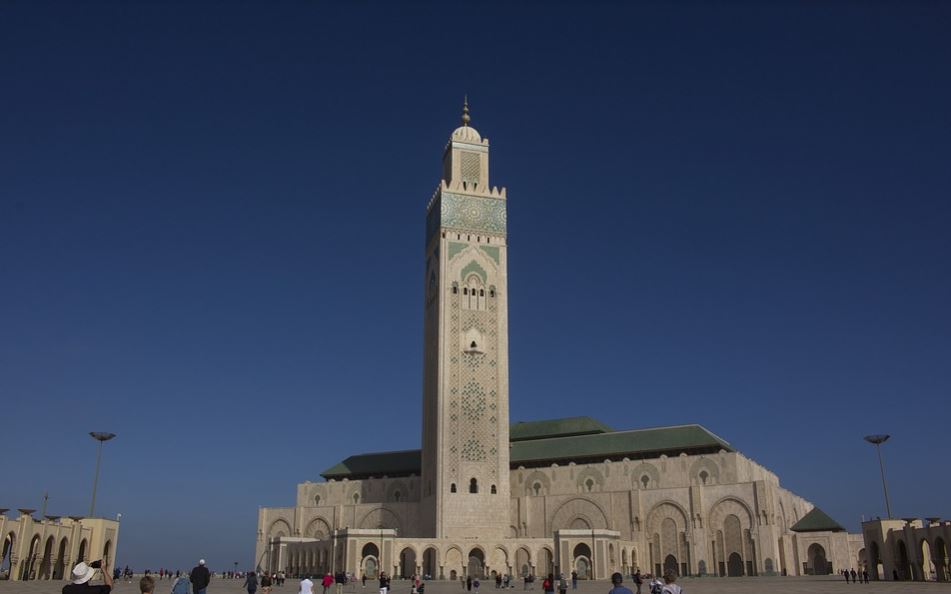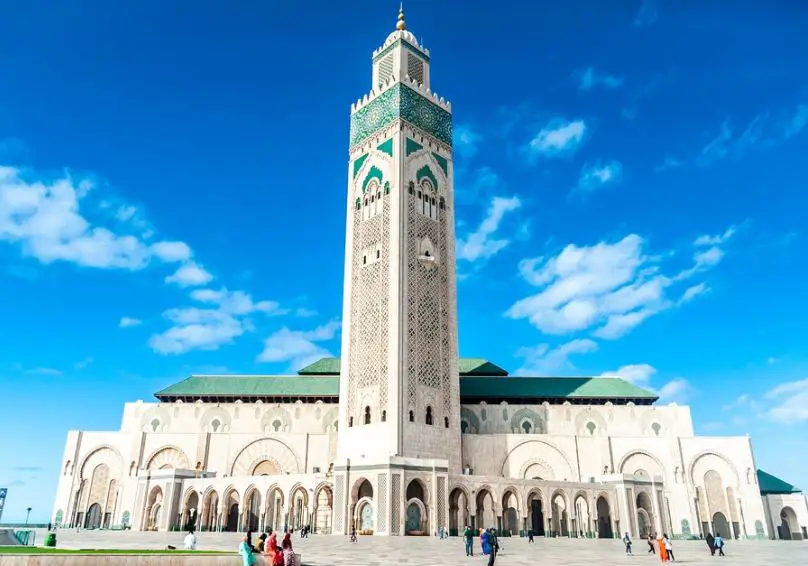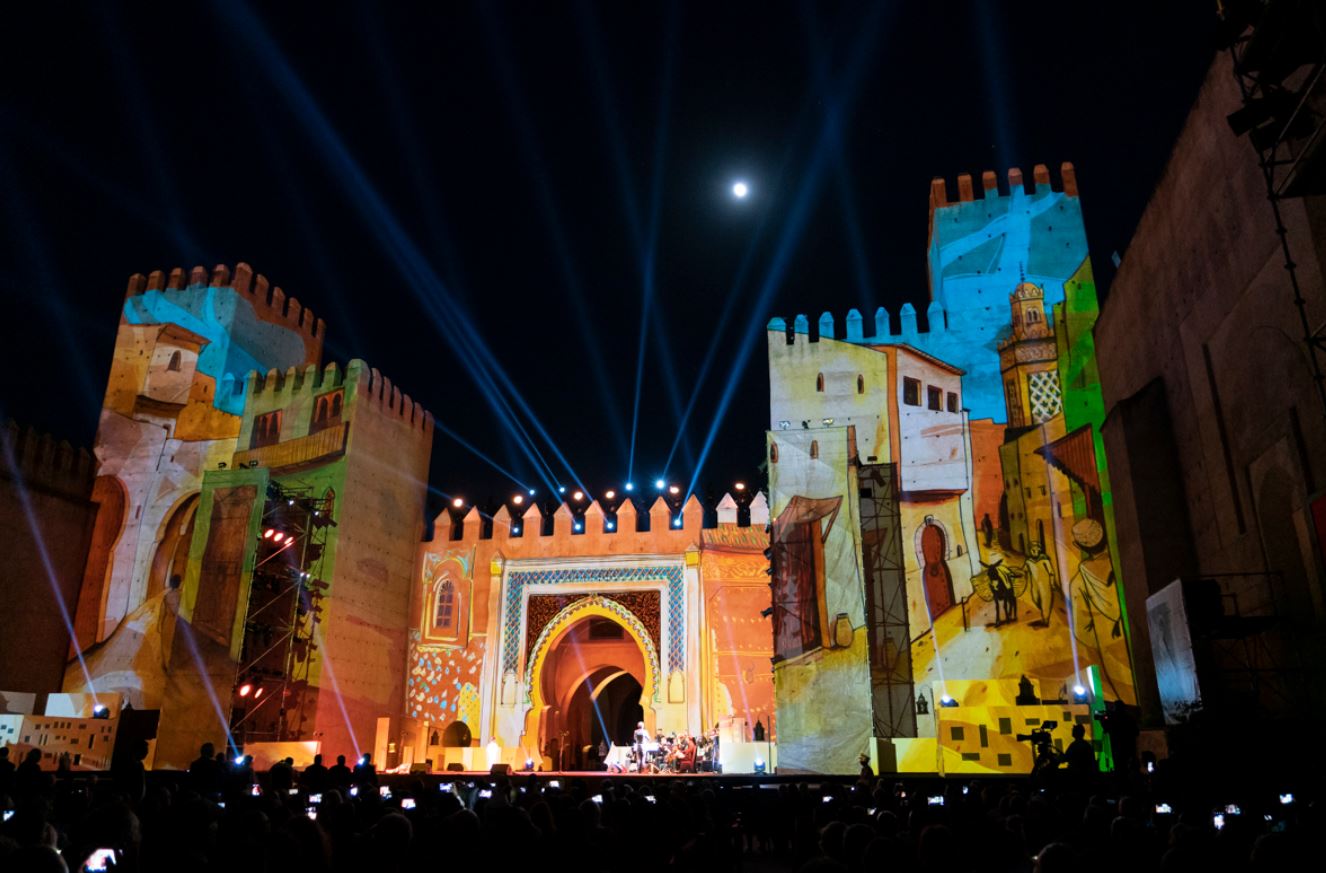How do I explore the history of Indian theater and drama?
Post ByAdequate Travel
Summary
Exploring the history of Indian theater and drama is a great way to discover how generations of Indian performers and playwrights have contributed to the present rich theatrical tradition. In this blog, we'll cover the different forms of Indian theater and their evolution, from its classical roots to the modern theatrical masterpieces that have emerged in recent years. Before embarking on your journey to india, make sure to check the latest travel guidelines and entry requirements to ensure a smooth tripExploring the History of Indian Theater and Drama
Indian theater and drama have a rich and diverse history that dates back thousands of years. To delve into this fascinating subject, you can follow the steps mentioned below:
1. Study Ancient Indian Drama
During the ancient period in India, several significant forms of theater and drama emerged. Some notable examples include:
- Sanskrit Drama: Study classical Sanskrit plays like Kalidasa's "Abhijnanasakuntalam" and "Malavikagnimitram" to understand the essence of ancient Indian theater.
- Natyashastra: Explore the ancient Indian text on performing arts, Natyashastra, written by sage Bharata. It covers various aspects of theater, including acting, staging, and production.
- Kutiyattam: Examine the ancient Sanskrit theater tradition of Kerala, known as Kutiyattam, which combines dance, music, and drama.
2. Research Folk Theater Forms
India has a rich tradition of folk theater that is unique to different regions. Some popular folk theater forms for exploration are:
- Nautanki: Learn about the vibrant and energetic folk theater of Uttar Pradesh, known as Nautanki, which incorporates singing, dancing, and dramatic narratives.
- Jatra: Explore the traditional theater form of Bengal called Jatra, which combines mythological elements with contemporary social issues.
- Yakshagana: Dive into the theatrical art form of Karnataka, Yakshagana, which involves colorful costumes, vigorous dance movements, and mythological storytelling.
3. Examine Historical Influences
Indian theater has been influenced by various historical events and foreign invasions. Some examples include:
- British Influence: Study the impact of British colonial rule on Indian theater and the emergence of dramatic movements like the Bengal Renaissance.
- Persian Influence: Explore the incorporation of Persian elements into Indian theater during the Mughal era, particularly in the form of the Parsi Theater.
- Natya Movement: Learn about the Natya Movement in the 20th century, which aimed to revive the traditional aesthetics and techniques of Indian theater.
4. Watch Classic Indian Plays
Another way to explore the history of Indian theater is by watching performances of classic Indian plays. Some renowned plays include:
- "Raktakarabi" by Rabindranath Tagore
- "Ashadh Ka Ek Din" by Mohan Rakesh
- "Tughlaq" by Girish Karnad
- "Hayavadana" by Girish Karnad
5. Read Scholarly Books and Research Papers
To gain a comprehensive understanding of Indian theater history, refer to scholarly books and research papers. Some recommended readings include:
- "The Theatre of Mahesh Elkunchwar" by Joy Michael and Sudhakar Marathe
- "Indian Theatre: Traditions of Performance" by Rustom Bharucha
- "The Oxford Companion to Indian Theatre" edited by Ananda Lal
Remember that Indian theater and drama are vast subjects, so this is just a starting point. Continue exploring, attending performances, and engaging with local theater communities to deepen your knowledge.The place is known for its rich history and culture, welcomes tourists with open arms. However, be sure to review the travel advisory and travel warnings to ensure a safe and enjoyable experience.Suggested Questions
- Agrasen Ki Baoli, Delhi: Horror Story, History & Paranomial Activities
- Kuldhara Village, Rajasthan: Horror Story, History & Paranomial Activities
- Vrindavan Society, Thane, Maharashtra: Horror Story, History & Paranomial Activities
- Feroz Shah Kotla Fort, Delhi: Horror Story, History & Paranomial Activities
- Feroz Shah Kotla Fort, Delhi: Horror Story, History & Paranomial Activities
- Agrasen Ki Baoli, Delhi: Horror Story, History & Paranomial Activities








